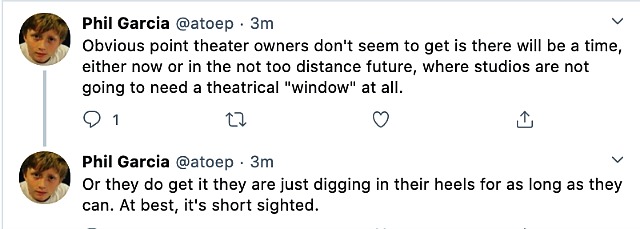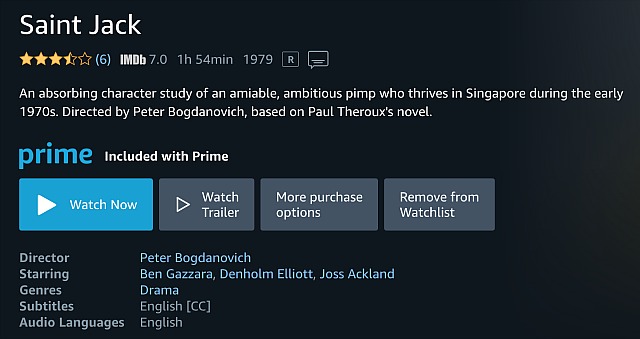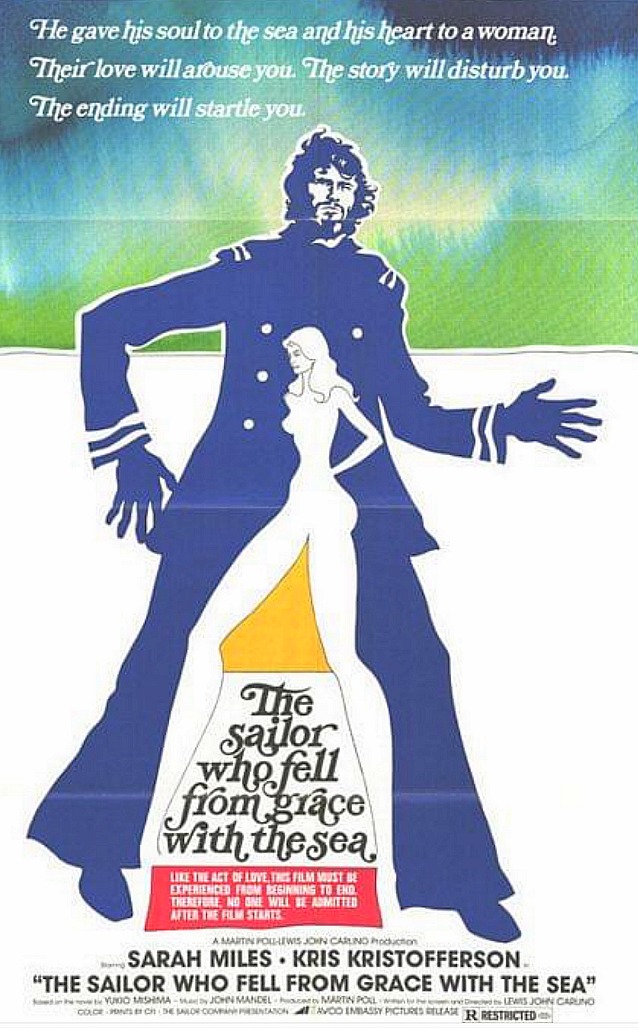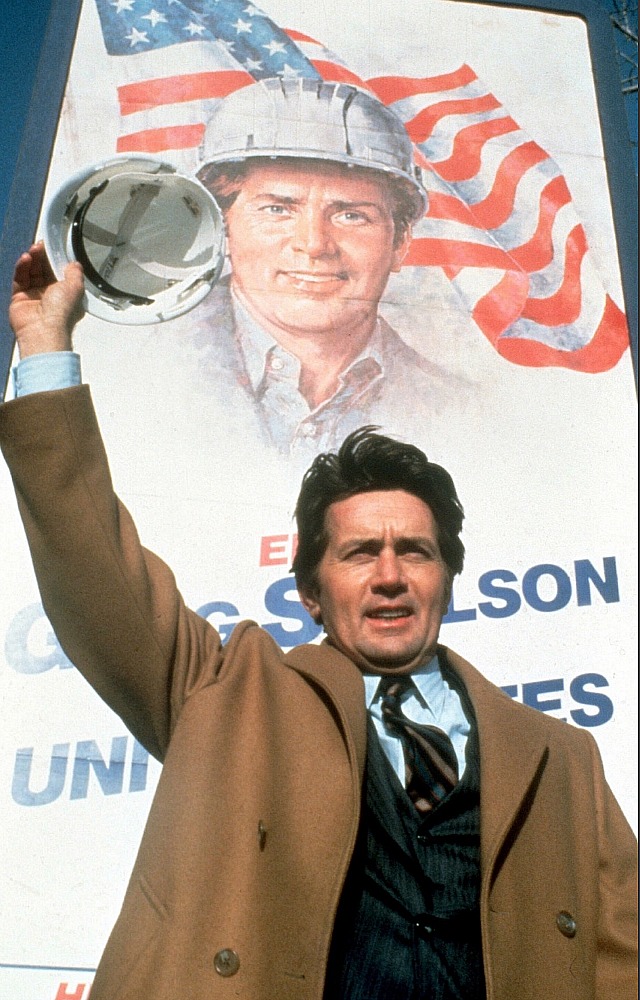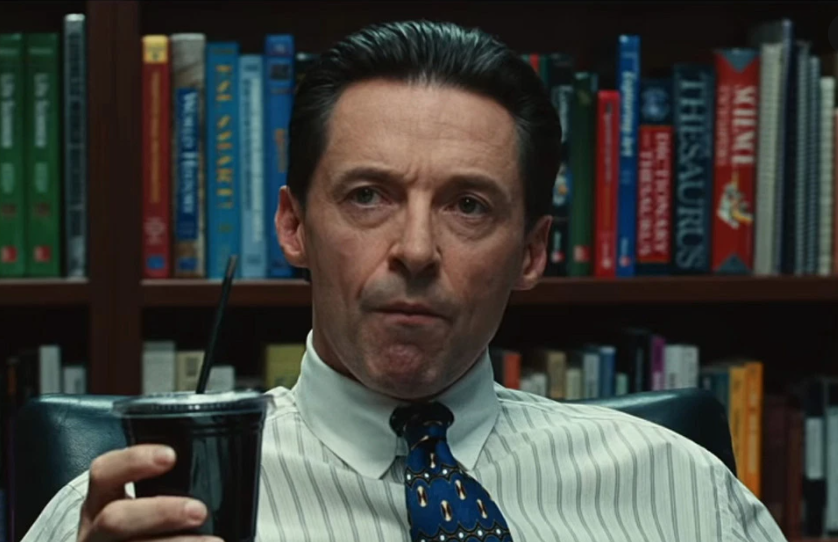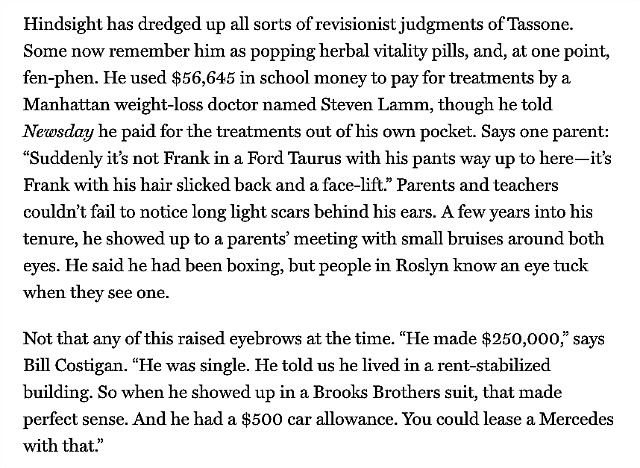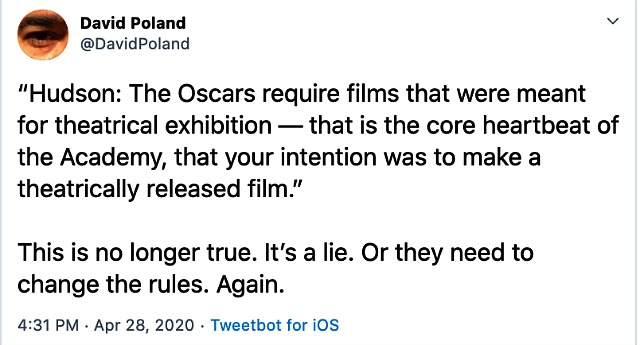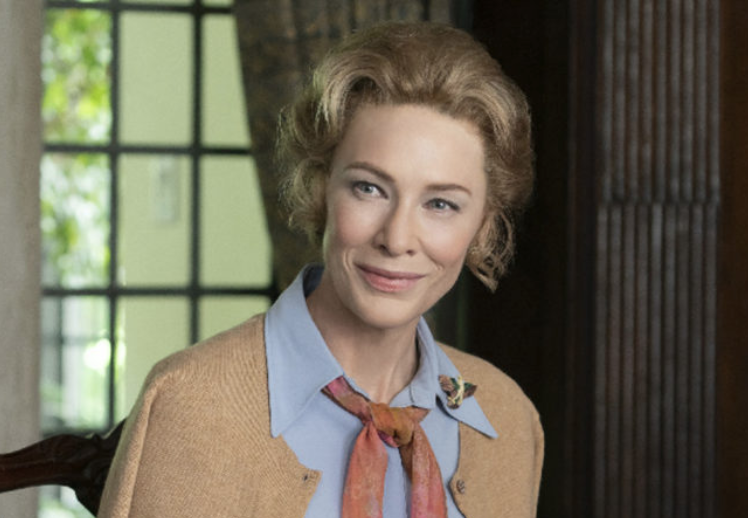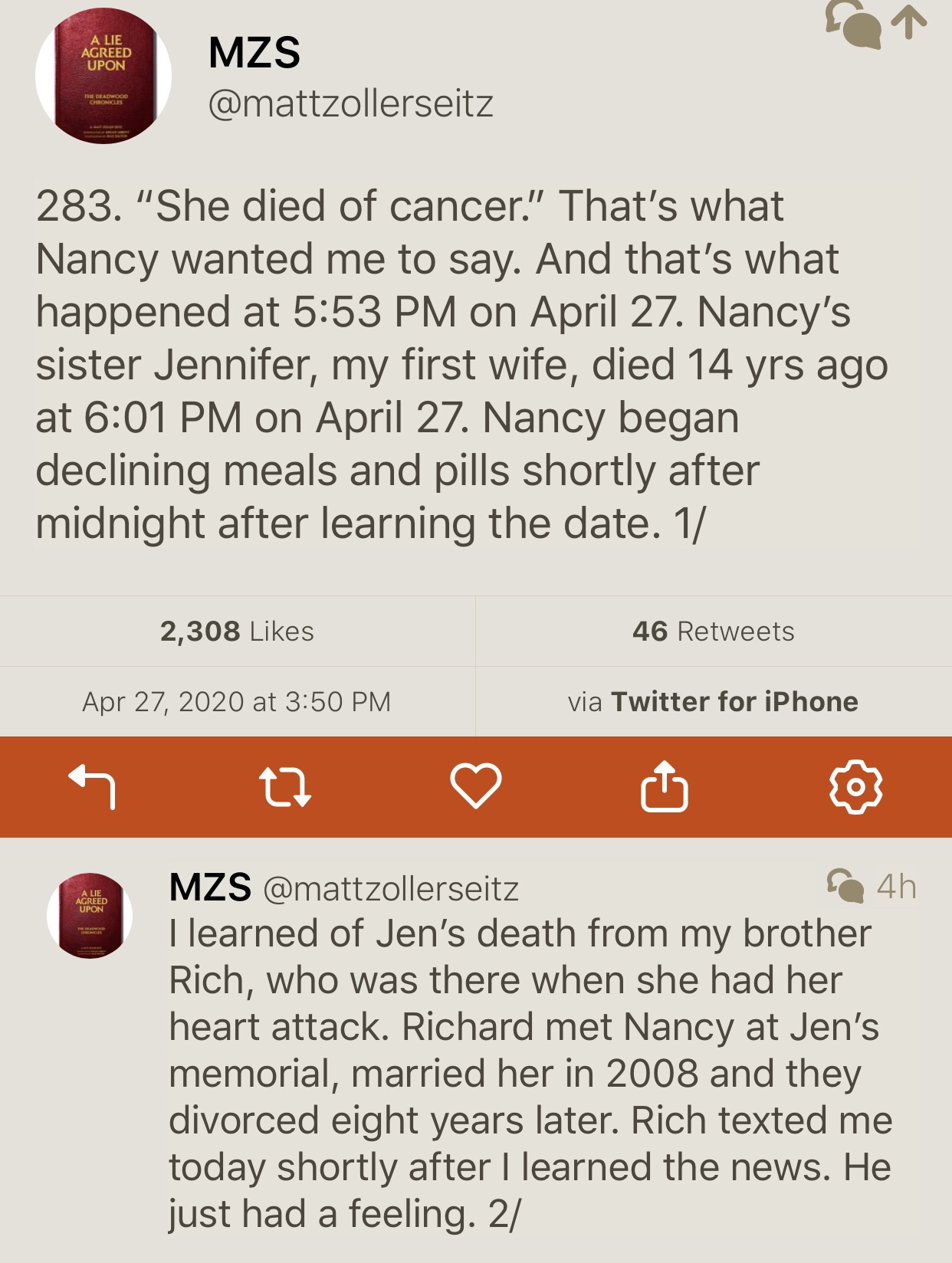Distributors have always talked a friendly partnership game with exhibitors, but deep down they’d sell their own mothers if it meant making a bigger profit. Distribs know that elbowing exhibs aside would destroy the primal enjoyment factor of communal viewing, of course, but they’d at least like to be able to say “to hell with theatrical windows.” Paraphrasing George C. Scott‘s line to Paul Newman in The Hustler: “You gotta be hard, Eddie.”
From Owen Gleiberman‘s “For The King of Staten Island, Going Straight to VOD Is No Laughing Matter,” posted earlier today:
“A few weeks ago Universal, the studio that’s VOD-ing The King of Staten Island, also VOD-ed Trolls World Tour, a decision I saw at the time as relatively inconsequential. Yet the stakes have now been ratcheted up. Universal has claimed that it had the biggest debut ever for a digital release, though it declined to provide statistics to support what that means. And the success the studio has had with Trolls World Tour likely influenced its decision to release The King of Staten Island on VOD.
“Trolls World Tour has now grossed $100 million in digital rentals, which suggests TKOSI, though it doesn’t have that built-in family audience, could also prove successful. This is a chain of tremors leading to an earthquake, which is why AMC theatres responded with a tremor of its own: the retaliatory decision, in response to the exclusive opening of Trolls on VOD (and the announcement about Apatow’s movie), not to play Universal films.
“No doubt about it: This is war.
“Yet it’s worth remembering that these films, right now, are reaping the benefit of being anomalies. As the only major Hollywood movie to premiere in April, Trolls World Tour was competing with…nothing else. The same will be true of “The King of Staten Island”: It will have the home audience to itself. (Imagine that there were six other big new releases premiering on VOD or streaming services that day.) Because of that highly idiosyncratic and almost freakish situation, it could wind up being seen by more eyeballs, and making more money, than it would have in theaters.
“But is this a business model for the future, or a stopgap? Some would say it’s a stopgap that could become the business model for the future. The King of Staten Island will test-drive that possibility, and maybe rattle the struggling movie-theater industry, like no movie before it. But is getting to see a film like this one at home truly an advance — a case of value added? It may, in fact, be a seductive but temporary convenience that, in the long run, will only prove to be value subtracted.”
